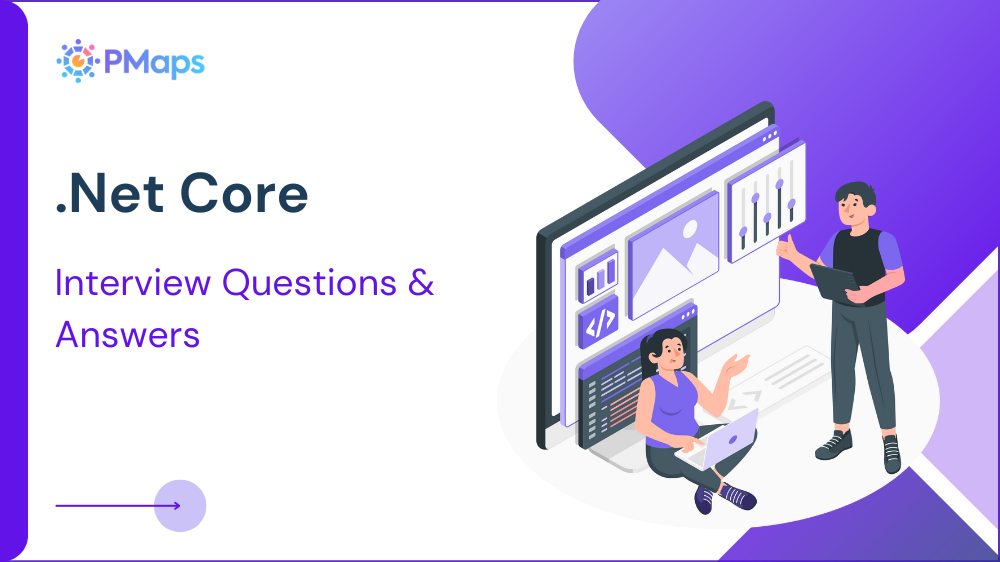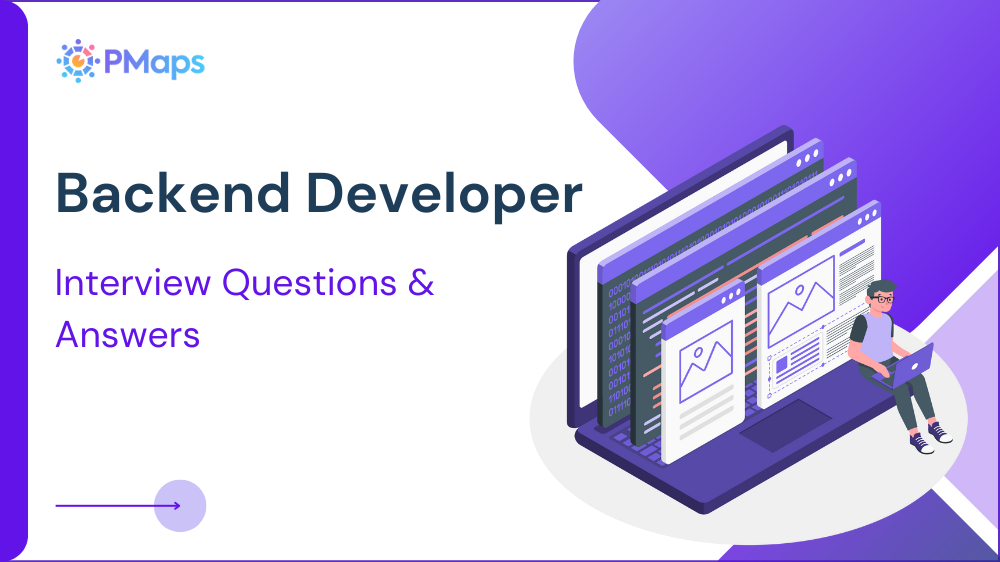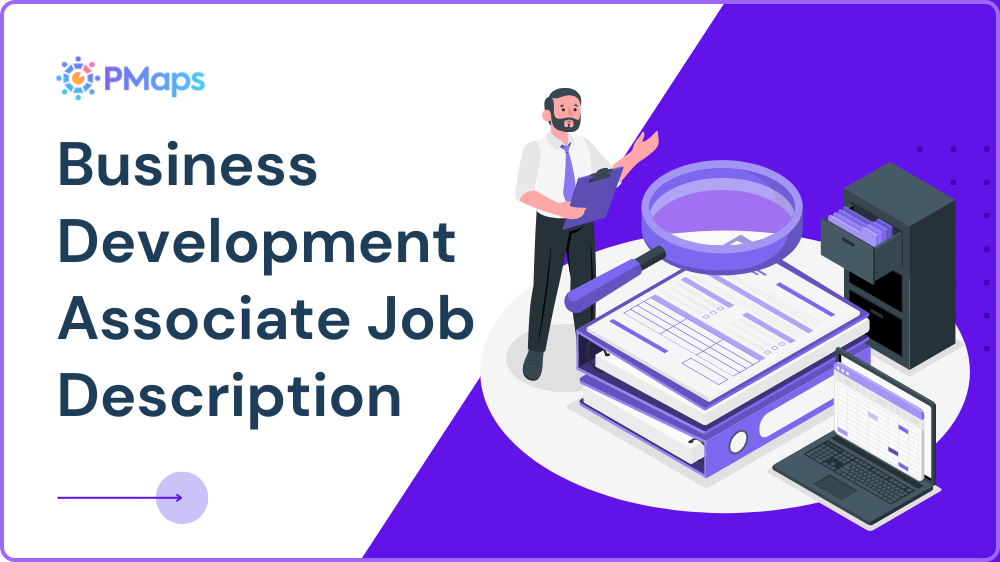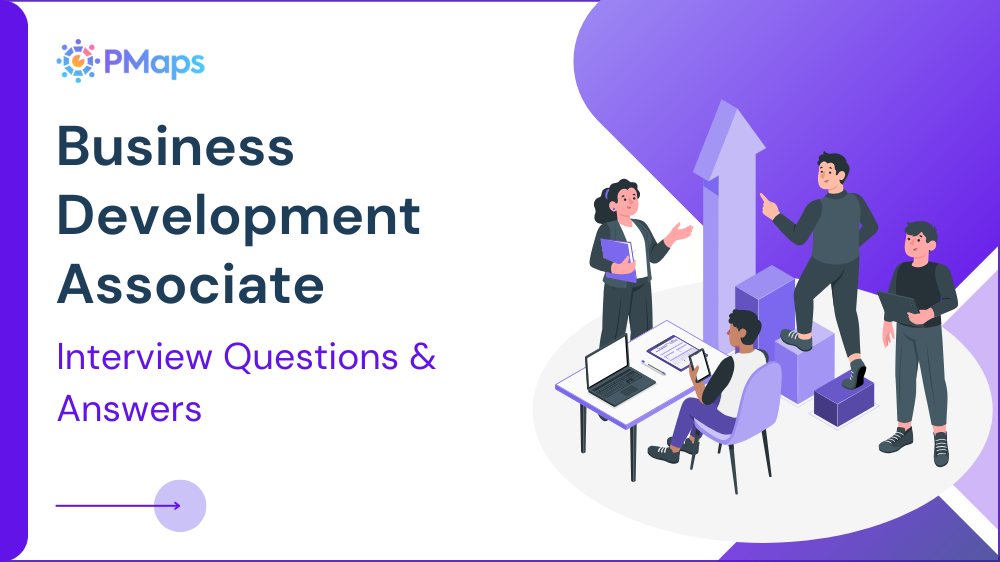
Net core interview questions are essential for evaluating a developer’s grasp of modern application frameworks. With businesses increasingly relying on microservices, APIs, and scalable solutions, hiring managers must go beyond resumes to understand how candidates approach real-world technical challenges.
This guide compiles both basic and advanced dot net core interview questions, including asp net core interview questions and scenario-based cases. Each question is structured with clarity on what it assesses, what interviewers should listen for, and sample ideal answers. By combining technical, behavioral, and situational questions, this resource ensures you can confidently identify talent capable of building high-performance applications with .NET Core.
Got strong responses? Run the .NET Core Skills Test and validate on-ground coding strength.

General and Basic .NET Core Interview Questions
General queries serve as the foundation of an asp net core interview. These asp net core basic interview questions help employers confirm whether candidates understand the fundamentals of the framework before moving on to advanced concepts. Providing structured asp net core interview questions and answers ensures hiring teams evaluate consistently across applicants.
1. What is .NET Core, and how does it differ from .NET Framework?
- What it assesses:
Candidate’s understanding of the platform and cross-platform capabilities. - What to listen for:
Explanation that .NET Core is open-source, cross-platform, and modular, unlike the Windows-only .NET Framework. - Sample ideal answer:
“.NET Core is a free, cross-platform, open-source framework for building modern applications. Unlike the .NET Framework, it supports Windows, Linux, and macOS, making it highly flexible for deployment.”
2. What are some key features of ASP.NET Core?
- What it assesses:
Knowledge of essential components and improvements. - What to listen for:
Mentions of middleware, dependency injection, performance, and cross-platform hosting. - Sample ideal answer:
“ASP.NET Core features built-in dependency injection, lightweight middleware for request pipelines, improved performance, and the ability to host on multiple platforms using Kestrel or IIS.”
3. Explain Middleware in ASP.NET Core.
- What it assesses:
Familiarity with request handling pipeline. - What to listen for:
Correct sequence of middleware execution. - Sample ideal answer:
“Middleware are components that process HTTP requests and responses in a pipeline. They are executed in sequence, and each middleware can either handle the request or pass it to the next component.”
4. What is Dependency Injection in .NET Core?
- What it assesses:
Understanding of built-in DI framework. - What to listen for:
Awareness of service lifetimes (transient, scoped, singleton). - Sample ideal answer:
“Dependency Injection is a technique for achieving loose coupling. ASP.NET Core provides built-in DI, where services are registered in Startup.cs and injected into controllers or classes as needed.”
5. What is the role of Kestrel in ASP.NET Core?
- What it assesses:
Candidate’s understanding of hosting. - What to listen for:
Recognition of Kestrel as the cross-platform web server. - Sample ideal answer:
“Kestrel is the default web server in ASP.NET Core, designed for speed and efficiency. It can run standalone or behind reverse proxies like IIS or Nginx.”
Behavioral .NET Core Interview Questions
Behavioral net core interview questions for experienced developers are designed to explore how candidates have applied their technical knowledge in real-world settings. Unlike theoretical queries, these asp dot net core interview questions uncover problem-solving ability, collaboration, and adaptability in dynamic projects.
1. Tell me about a time you optimized performance in a .NET Core application.
- What it assesses:
Initiative in improving application speed and scalability. - What to listen for:
Specific metrics or measurable outcomes. - Sample ideal answer:
“I optimized an API by implementing caching and async calls, reducing response times from 800ms to under 200ms. This improved customer experience and server efficiency.”
2. Describe a challenge you faced when migrating from .NET Framework to .NET Core.
- What it assesses:
Adaptability and problem-solving during transitions. - What to listen for:
Awareness of compatibility issues and resolution strategies. - Sample ideal answer:
“In migrating a legacy project, we faced missing libraries. I researched open-source alternatives, refactored code for cross-platform compatibility, and ensured tests validated the new implementation.”
3. Share an example of collaborating with front-end developers in an ASP.NET Core project.
- What it assesses:
Teamwork and cross-functional communication. - What to listen for:
Evidence of coordination and clarity in integration. - Sample ideal answer:
“I worked with Angular developers, ensuring our APIs returned consistent responses. Regular standups and Swagger documentation reduced integration issues and improved delivery timelines.”
4. Tell me about a time you resolved a critical production issue.
- What it assesses:
Crisis management and debugging under pressure. - What to listen for:
Step-by-step structured problem-solving. - Sample ideal answer:
“During peak traffic, a service crashed due to memory leaks. I used diagnostic tools to trace faulty middleware, patched it, and added monitoring to prevent recurrence.”
5. How have you mentored junior developers in ASP.NET Core projects?
- What it assesses:
Leadership and knowledge-sharing. - What to listen for:
Examples of guiding best practices and improving team efficiency. - Sample ideal answer:
“I conducted weekly code reviews, shared resources on middleware and dependency injection, and paired on tasks to accelerate their learning curve.”
Situational .NET Core Interview Questions
Situational queries are especially useful as net core interview questions for experienced professionals. They reveal how a developer reacts to real-world challenges under constraints. In fact, some of the most effective asp net core 3.1 interview questions are situational, since they test adaptability with both legacy and modern versions.
1. How would you handle a sudden performance drop in a live ASP.NET Core application?
- What it assesses:
Crisis handling, monitoring, and optimization skills. - What to listen for:
Mention of diagnostics, profiling tools, and communication with stakeholders. - Sample ideal answer:
“I’d first analyze logs and use tools like Application Insights to pinpoint bottlenecks. If necessary, I’d roll back recent deployments, optimize queries, and monitor results before pushing fixes.”
2. If a client insists on staying with ASP.NET Core 3.1 instead of upgrading, how would you manage it?
- What it assesses:
Risk awareness and stakeholder communication. - What to listen for:
Consideration of support timelines and upgrade strategies. - Sample ideal answer:
“I’d explain Microsoft’s support policies and risks of staying outdated. If they insist, I’d ensure security patches are applied, monitor performance, and schedule a roadmap for eventual upgrade.”
3. How would you prioritize multiple urgent bug fixes in a .NET Core microservices project?
- What it assesses:
Time management and prioritization under pressure. - What to listen for:
Structured classification of severity and business impact. - Sample ideal answer:
“I’d classify bugs by severity—addressing system outages first, then high-impact bugs, followed by minor fixes. I’d also maintain transparent communication with stakeholders.”
4. What steps would you take if your ASP.NET Core app faced memory leaks?
- What it assesses:
Debugging and stability focus. - What to listen for:
Awareness of diagnostic tools and garbage collection. - Sample ideal answer:
“I’d use dotMemory or Visual Studio diagnostics to identify leaks, refactor code causing issues, and run load tests post-fix to ensure stability.”
5. Imagine your API must scale rapidly for a global launch. How would you prepare?
- What it assesses:
Scalability and system design thinking. - What to listen for:
Use of caching, load balancing, and distributed services. - Sample ideal answer:
“I’d use horizontal scaling with load balancers, introduce caching layers like Redis, optimize database queries, and ensure APIs are stateless for elasticity.”
Technical and Advanced .NET Core Interview Questions
Technical rounds often feature advanced net core interview questions that uncover deep understanding of architecture, scalability, and security. For senior roles, it’s common to ask both asp net core 6 interview questions and backward-compatible queries to test adaptability. These asp net core advanced interview questions help interviewers gauge whether candidates can deliver enterprise-grade solutions.
1. What are the key differences between ASP.NET Core 3.1 and ASP.NET Core 6?
- What it assesses:
Knowledge of framework evolution. - What to listen for:
Awareness of minimal APIs, hot reload, and updated hosting model. - Sample ideal answer:
“ASP.NET Core 6 introduced minimal APIs, global using directives, and hot reload for faster development. Its hosting model was simplified compared to ASP.NET Core 3.1.”
2. How do you secure an ASP.NET Core application against common threats?
- What it assesses:
Security best practices. - What to listen for:
Mentions of XSS, CSRF, authentication, and data encryption. - Sample ideal answer:
“I apply input validation, anti-forgery tokens for CSRF, HTTPS enforcement, and Identity for authentication. I also store secrets in Azure Key Vault and run security scans.”
3. Explain Dependency Injection lifetimes in .NET Core.
- What it assesses:
Mastery of DI container usage. - What to listen for:
Clear differentiation of transient, scoped, and singleton services. - Sample ideal answer:
“Transient services are created per request, scoped services are created once per client request, and singleton services are shared across the application’s lifetime.”
4. How do you implement logging and monitoring in ASP.NET Core?
- What it assesses:
Observability practices. - What to listen for:
Use of ILogger, Serilog, or Application Insights. - Sample ideal answer:
“I configure the ILogger interface for structured logs and integrate Serilog with sinks like Seq. For cloud, I use Azure Application Insights to monitor performance and detect anomalies.”
5. How would you optimize performance in a high-traffic ASP.NET Core app?
- What it assesses:
Performance tuning. - What to listen for:
Knowledge of caching, async programming, and compression. - Sample ideal answer:
“I’d use response caching, async programming to avoid blocking, database query optimization, and Gzip compression. Profiling tools help me measure and adjust bottlenecks.”
Wrap your screening with a revisit to the .NET Core Developer Job Description.
Pro Tips for Interviewing a .NET Core Developer
Great interviews balance asp net core interview questions with practical coding tasks. Beyond memorized answers, strong candidates demonstrate clarity, problem-solving, and readiness to build scalable applications.
Focus on framework evolution knowledge.
Ask candidates to compare .NET Core versions. Developers who can contrast ASP.NET Core 3.1 with ASP.NET Core 6 show they stay current with technology.
Evaluate depth in middleware and dependency injection.
These are core architectural pillars. Good candidates explain service lifetimes and middleware sequencing with ease, rather than recalling only textbook definitions.
Test with real-world problem scenarios.
Instead of abstract puzzles, pose questions like how they’d handle memory leaks, manage rapid scaling, or debug API bottlenecks. Scenario-driven asp net core interview questions and answers often uncover thinking patterns you won’t find in theory.
Look for strong DevOps and cloud exposure.
Modern projects run on Azure, AWS, or containers. Top developers mention CI/CD pipelines, Docker, Kubernetes, and integration with monitoring tools like Application Insights.
Gauge soft skills alongside technical depth.
Behavioral and situational queries reveal teamwork, leadership, and communication. For senior positions, assess how they mentor juniors and manage stakeholders during migrations or incidents.
Use skill validation before interviews.
Pre-screening with an online Net core test reduces interview fatigue. It highlights candidates who already meet baseline standards, letting interviews focus on advanced scenarios.
Conclusion
Structured net core interview questions for experienced professionals allow recruiters to evaluate not only coding ability but also architectural judgment, problem-solving, and adaptability. By mixing basic, situational, behavioral, and advanced scenarios, interviewers can build a complete picture of the candidate’s capabilities.
To streamline your hiring process, combine live interviews with assessments and role clarity. Reviewing the Net core description provides a detailed understanding of the skills and responsibilities to expect in a strong candidate. For pre-hiring accuracy, connect with PMaps at 8591320212 or assessment@pmaps.in.





.png)



